AI is infiltrating every aspect of life and business. With so much buzz around AI, it can be hard to identify where to most effectively use the technology and where to start implementing it in your hotel.
Leveraging AI for Personalized Hotel Marketing and Revenue Growth
AI has the ability to process vast amounts of data – and from a marketing perspective, it can be used to power and facilitate personalized digital and real-world experiences, driving customer engagement and revenue. Like any technology, finding a use for AI that drives a tangible return on investment is key.
By using AI to elevate the brand experience, as well as make substantial time and cost savings, marketing departments can:
- Find more guests by tapping into lookalike guest profiles and automated tailored messages
- Streamline the booking processes with intuitive packages and enhanced call centers
- Grow revenue, providing personalized and tailored promotions and offers
By maximizing the use of data across the right channels, hoteliers are able to better connect with their guests through their marketing. Understanding how AI is transforming hotel marketing – including using AI-powered tools such as Google Performance Max (PMax), and partnerships with conversational technology providers is the first step to deciding how your property should engage with the technology.
Below, you will find some of the sure-fire practical ways to see immediate results that drive revenue.
1. AI as an Enabler for Hotel Marketing Teams
AI has emerged as a crucial enabler for hospitality through automation and predictive analytics. AI-powered tools to streamline tasks such as booking management and customer service, but it’s in marketing where digital technology really shines.
Ai analyzes customer data – both on a user-by-user basis in real-time and in a large volume – providing actionable insights that marketers can use to understand their audience better and optimize marketing campaigns. For example, AI can recommend the best times to post content, the most engaging formats, and the optimal channels for distribution. Something that would otherwise take months of trial-and-error by a marketing team can now be refined in days or weeks.
Automation streamlines repetitive tasks, allowing marketers to focus more on strategy and creativity. AI can automate email marketing, social media posting, and bidding for online ads, ensuring campaigns run smoothly and efficiently. AI can also adapt content by creating tailored messages for different segments of the audience, in order to increase engagement and conversion rates.
2. AI-Optimized Video Content
Personalization is a key area where AI excels. The technology analyzes customer data, tailoring words, pictures, and videos to engage with customers on an individual basis: creating personalized travel itineraries, recommending content based on browsing behavior, and customizing offers to maximize engagement and conversion.
YouTube is a great example of AI in action. Its AI algorithms not only recommend ‘next watch’ content, but channels can use third-party AI-generative tools to create content (which YouTube requires is tagged as AI-generated). Generating videos with different backgrounds and other elements tailored to individual preferences has helped video streaming platforms maximize engagement, driving higher viewer satisfaction and loyalty – the key objectives for most marketing campaigns! For hoteliers, YouTube’s reach makes it a must-use platform to find and connect with both new and existing customers before driving them to your own website.
3. AI in Hotel Search Engine Marketing
AI is helping digital marketing make bigger strides in the market, including:
- AI-aided keyword research
Hotels obtain deeper insights into search patterns and user intent. Google’s BARD analyzes vast datasets to identify high-performing keywords, including brand-specific terms. This capability allows marketers to craft more effective SEO strategies, ensuring higher visibility and engagement. AI also helps predict emerging trends, enabling your hotel to stay a step ahead of your competition by tapping in early to change customer behavior.
- Voice search optimization
With the continued growth in smart speakers and assistants like Alexa, Siri, and Google Assistant, hoteliers need to optimize campaigns for this channel. How a potential customer types a query is likely to be different from how they articulate it when ‘chatting’ to their voice tool.
AI analyzes voice search queries to understand how users phrase questions, allowing campaign content to be shaped to best respond to the variations of voice. This helps your hotel remain relevant and easily discoverable in voice search results.
- Repairing technical errors
Broken links are, at best, a cause of frustration for website users, and at worst, can drive people away from your site in frustration. For hoteliers, AI can also be instrumental in identifying and repairing technical errors on websites – such as broken links, duplicate content, slow loading times, and gaps in data. By ensuring your website operates smoothly across multiple devices and operating systems, AI improves the user experience, with the added bonus of boosting your SEO ranking, leading to higher visibility and engagement.
Always Evolving – The Latest in AI
The integration of AI in digital marketing is an ongoing evolution, with new advancements emerging all the time. In the first half of 2024, notable tools such as Expedia Group’s Romie travel assistant and Google’s Gemini Advanced itinerary-building feature were unveiled, promising to enhance travel planning.
Romie, integrated into Expedia’s range of booking platforms, uses natural language processing to assist trip planning, while Gemini Advanced offers personalized holiday plans by synthesizing information from multiple sources. Both include recommendations on hotels and areas to stay within a guest’s destination, providing a new marketing channel for hoteliers.
As AI continues to evolve, hoteliers need to stay on top of the latest developments to maintain a competitive edge and capture an increasingly tech-savvy audience. Leveraging AI technologies to work with guest data, find customers, secure bookings, and drive growth via enhanced customer engagement will ensure hotels remain at the forefront of the digital marketing landscape.
Free On-demand Webinar: Capture Online Travel Demand with Google Search
In this free webinar, you’ll explore paid search advertising for hoteliers. Learn to intercept and harness travel demand, boosting bookings and transforming online visibility into revenue.
Click here for the webinar “Capture Online Travel Demand with Google Search“.
More Tips to Grow Your Business
Revfine.com is the leading knowledge platform for the hospitality and travel industry. Professionals use our insights, strategies, and actionable tips to get inspired, optimize revenue, innovate processes, and improve customer experience.Explore expert advice on management, marketing, revenue management, operations, software, and technology in our dedicated Hotel, Hospitality, and Travel & Tourism categories.

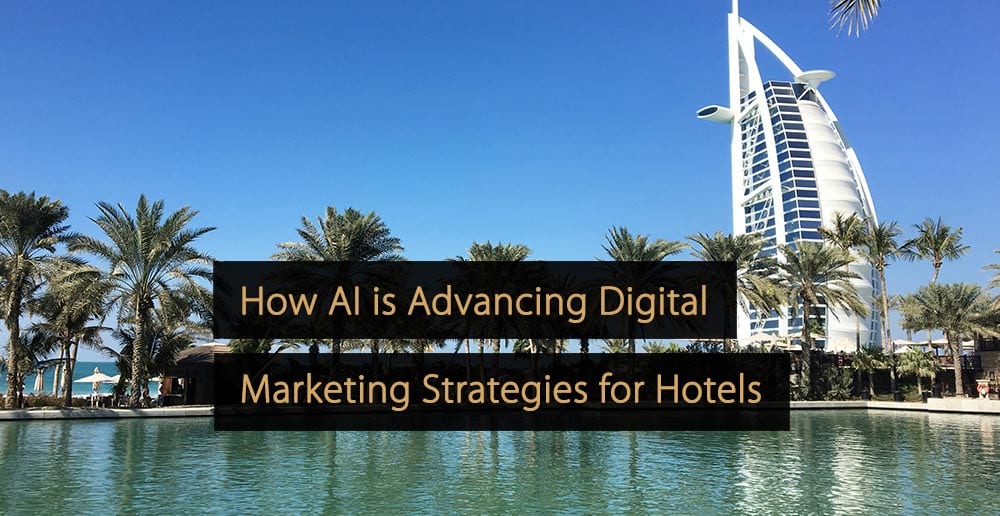

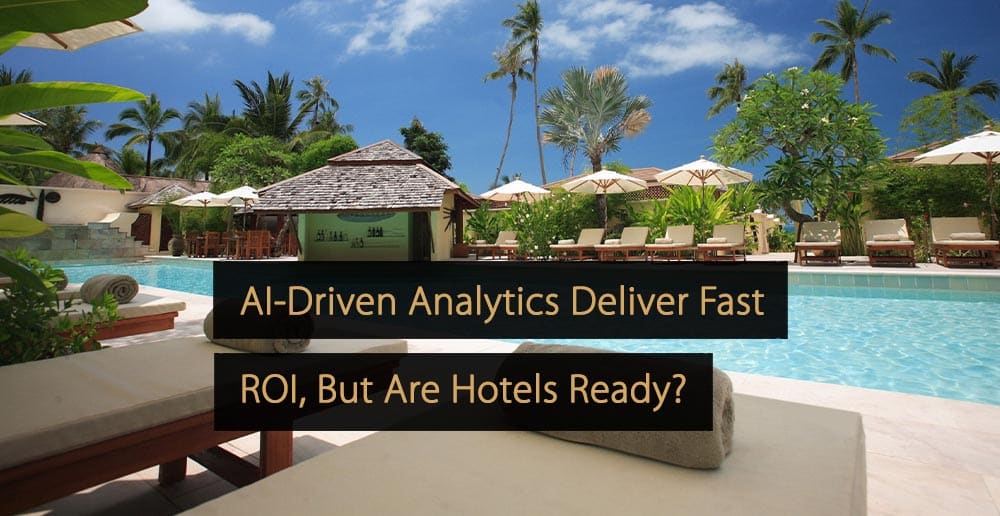

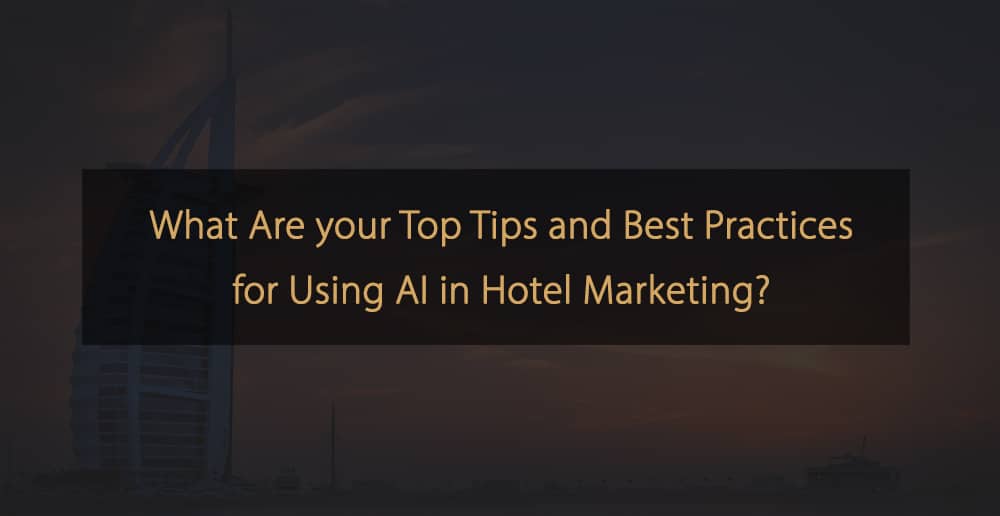
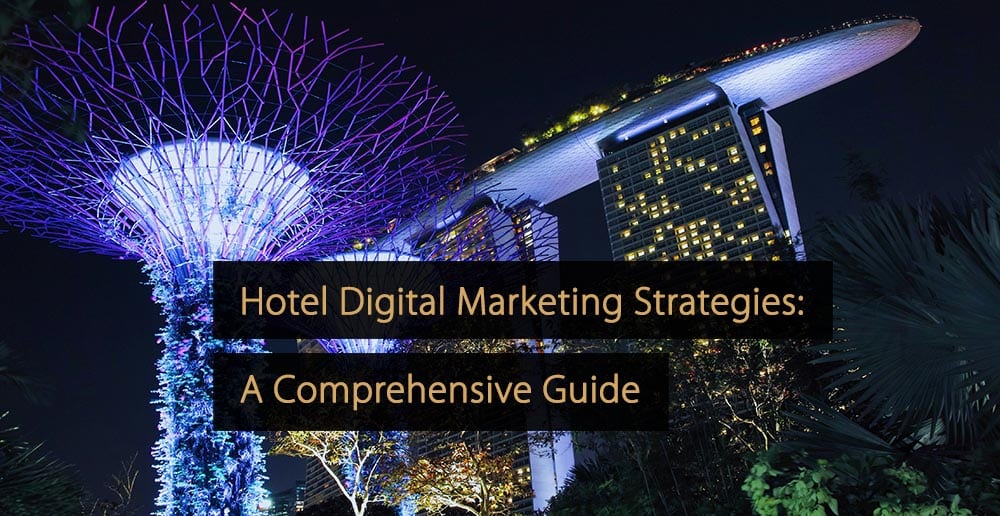
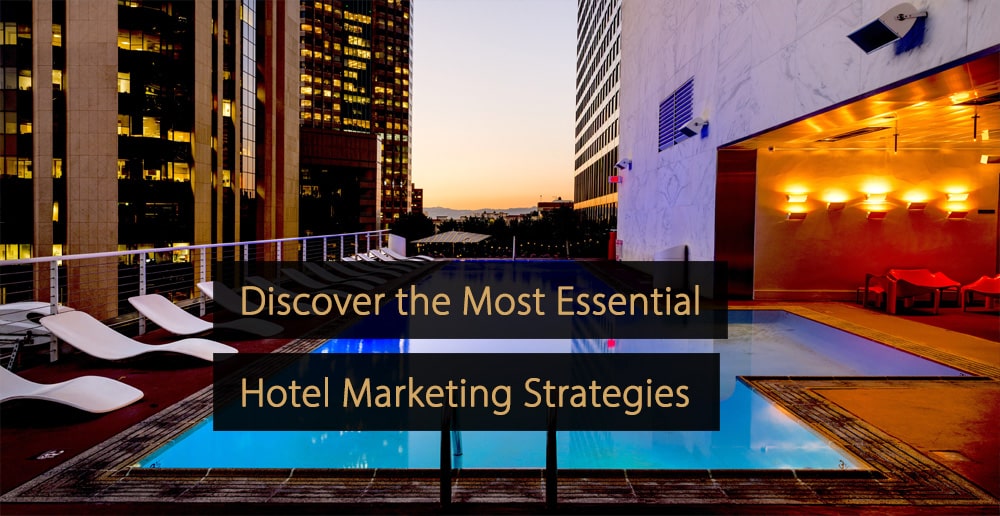
Leave A Comment